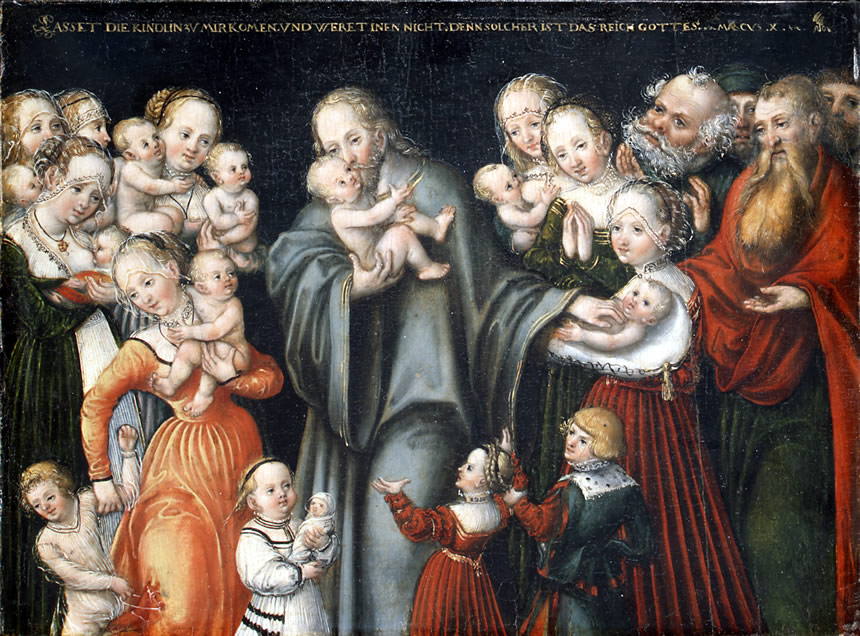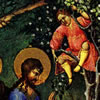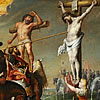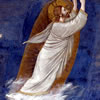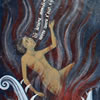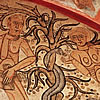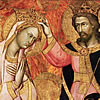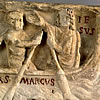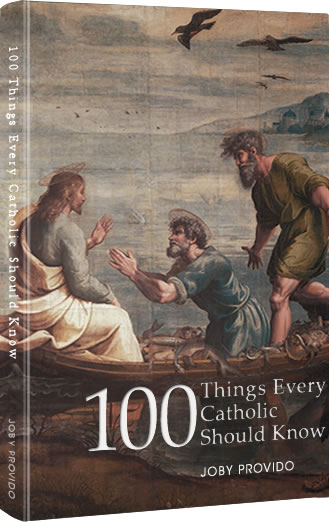Proper Disposition in Prayer
Prayer is communal and personal. In communal prayer, we come together with others to listen and respond to God in the stylized rubrics of the liturgy. Personal prayer, on the other hand, is left up to us. However, it is not so open-ended that we can pray however which way we want. There are still guidelines we want to adhere to. One of them is having the proper disposition.
The proper disposition is this: we ask from God, but we must trust that he will be the judge to give us only what is good for us. Christ tells us: “Which one of you would hand his son a stone when he asks for a loaf of bread, or a snake when he asks for a fish? If you then, who are wicked, know how to give good gifts to your children, how much more will your heavenly Father give good things to those who ask him.” (Matthew 7:9-11)
The point of these verses is that the Father, who is all-knowing, knows what is good for us. Because he is all good, he gives us only what is good for us. For example, we might think a promotion is good for us and we pray for it, but God can see a future where that might be a cause of bad things. A promotion might go to our head and think we are too self-sufficient that we forget him. A promotion might bring us more money that could lead us to bad company or frivolous distractions. So a promotion might be the fish we ask for, but it is a snake in disguise. In God’s goodness, he doesn’t give it to us.
In an unprecedented way of thinking of God, Christ taught us to call him “Our Father.” So in prayer, we must be like children – children who put their total trust in our Father.
We also need to remove the idea that if we pray a novena, God must grant us what we ask for. Yes, we must have confidence that God listens and will give us good things, but we must not think that our novenas will coerce him into granting us things just because we prayed for nine straight days.
Christ said: “In praying, do not babble like the pagans, who think that they will be heard because of their many words.” (Matthew 6:7) Pagans performed flawless rituals to placate the gods. They thought that if the rituals were performed correctly and often, the gods will be forced to do what they want. This was so ingrained in the pagan ideology that if someone hiccoughed or stammered through the words, they had to repeat it again to ensure an effective ritual.
Doesn’t that remind us of chain letters that promise God will give us what we ask for if we do this and that? (And sometimes there is an appended story of a person who died because he threw away the chain letter away. Talk about pressuring someone into prayer.) If we think this way, we treat prayer as if it were a contract. I do this, God, so you do this for me.
Many times we will hear other say things like: “I claim it in Jesus’s name!” That is good. But it becomes disordered if you think Jesus will give it to you just because you invoked his name in claiming it as if it were a magic spell. If we think like this, we are treating God as a genie who will grant us our every desire when we rub his lamp.
We don’t pray so that God will bow down to our will. No, we pray so we become converted and bow down to God’s will. So let’s not treat it like a recipe to get what we want; let us learn to talk heart-to-heart with God as his children.
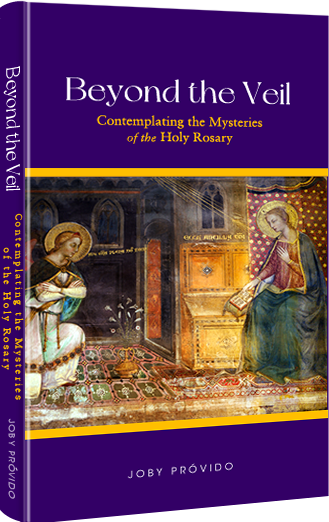
Beyond the Veil
Contemplating the Mysteries of the Holy Rosary
Prayer giants like Pope St. John Paul II, Pope Paul VI, Bl. Archbishop Fulton Sheen, and Bishop Robert Baron advocate that we contemplate on the mysteries of the rosary while we say the vocal prayers. Unfortunately, there are not many books that teach us how to do this. Beyond the Veil comes to the rescue by suggesting seven ways we can pray the rosary the way it was intended.
The larger part of the book offers mental images for each of the mysteries we can use in our contemplation, for how can we imagine the scenes in the rosary if we don't know about them?
Get your copy now either in Hardbound, Paperback, or Kindle
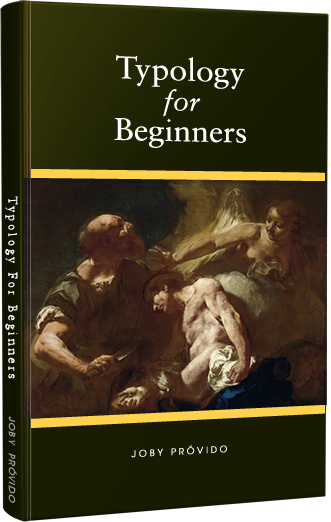
Typology for Beginners
A Catholic Perspective on understanding the New Testament through the Old Testament
First-century Jews converted to Christianity in droves because of the way the New Testament was written to show Jesus was the Messiah promised by the Old Testament. We also learn about how Mary is the New Eve and the Ark of the Covenant in the way the writers portray her.
Through typology, the patterns that connect the Old and New Testaments make the Bible stories more accessible so that one becomes excited to read Sacred Scripture again.
Get your copy now either in Hardbound, Paperback, or Kindle

A Sky Full of Stars
Know Our Lady through her Titles in the Litany
The Church helps us understand who Mary is by honoring her with different titles in the Litany of the Blessed Virgin Mary. Unfortunately, over time and difference of culture, we might not grasp what it is the Church is ascribing to her and lose that opportinity to get to know her.
In A Sky Full of Stars, each title of the Litany is explained so we get know Mary more and fall in love with her all over again.
Get your copy now either in Hardbound, Paperback, or Kindle
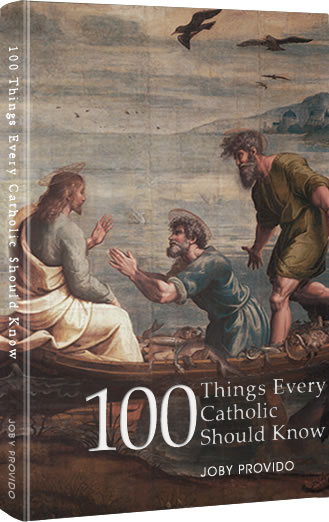
100 Things Every Catholic Should Know
Whether or not you are new to the Catholic Church, or struggling, or lapsed, or dynamically involved, this book will enlighten you with the essentials of the Faith that have been handed down to us by the apostles.
Each of the 100 topics is easy to read and distilled into bite-sized portions. Through cross-referencing, the book also shows how the topics are interrelated. Those who are new to the Faith will find this book an edifying handy reference, and those who have simply forgotten will find it a great review material that might spark a new love for God and religion.
Get your copy now either in Hardbound, Paperback, or Kindle


